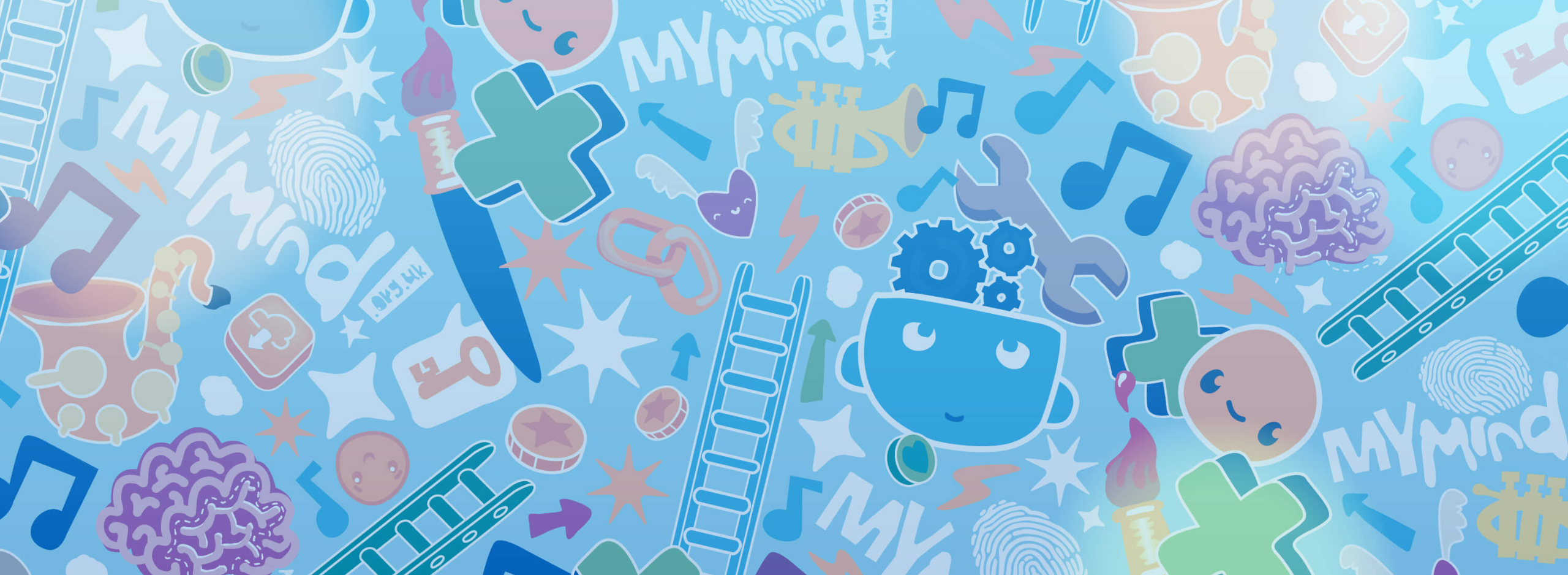Anger is a normal feeling that everyone experiences sometimes. However, for some children and young people, feelings of anger can develop into more of a problem.
Being able to spot the signs of anger early can help you manage the feelings better. When you start to get angry, you may notice that:
- Your heart beats faster
- Your muscles tense
- You clench your teeth
- You make a fist
- Your stomach churns
An important part of managing feelings of anger is being able to verbalise (speak about) how we feel to others, and talking this through with someone can help you find out what is triggering your anger.
It's important to find coping strategies that work for you when it comes to managing your anger. Some strategies that people find helpful include:
- Counting to 10
- Walking away from the situation that has made you feel angry
- Breathing slowly and deeply
- Clenching and unclenching your fists to ease tension
- Talking to someone you trust
- Going to a private place to calm down
The following resources and information may also help you if you are struggling with feelings of anger.
The Young Minds website has some useful resources around anger, which cover:
- What is anger?
- Why do I feel angry?
- How can anger affect me?
- How can I manage my anger?
- How to get help for anger
There are some helpful resources on the Childline website, which explore why you might be feeling angry, how to deal with your anger, and how to work towards feeling less angry.
The Mood Juice website covers various difficulties young people may experience. This useful self help guide aims to help you to:
- Recognise if you have problems with anger
- Understand anger and what keeps it going
- Find ways to manage anger and express your emotions in a healthy way
Problems with anger can be caused by a range of different things – this guide aims to help you find where your anger is coming from, and learn ways of solving the problem. It won’t stop you getting angry, because anger is a normal emotion, but it will help you to manage anger and express your feelings in a healthy way.

